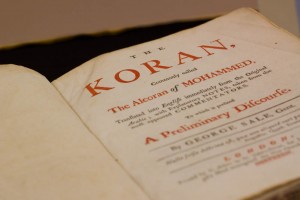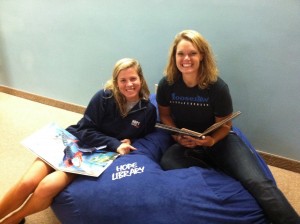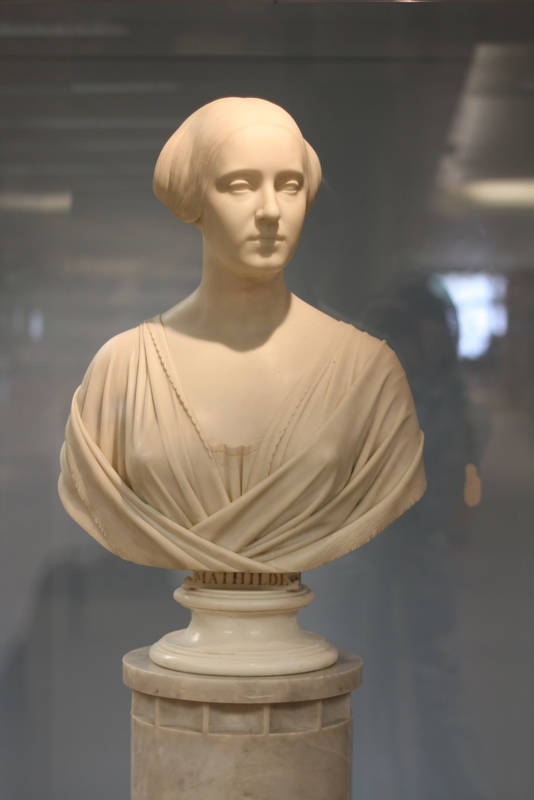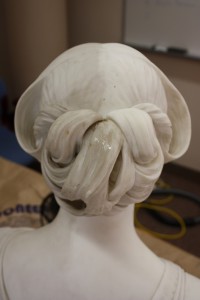Just because you’ve entered college doesn’t mean you’ve left the world of standardized testing behind. Acronyms like MCAT, LSAT and GRE are just a few of the ones you could encounter if you plan on continuing your education to the graduate level. Fortunately, the library is able to provide you with preparation and practice resources through LearningExpress Library.
LearningExpress Library, a database Van Wylen has access to thanks to the Michigan Electronic Library Consortium, provides a large selection of learning centers with everything from elementary school level work to workplace skills improvement. Among these centers is the college student section. Here, you can access preparation materials for the GMAT, GRE, LSAT, MAT and PCAT. If you’re planning on applying to medical school, there are two MCAT practice exams to help you prepare for the actual exam. Note: to best use LearningExpress Library, you will need to register and create a personal username and password (NOT your 1Hope).
LearningExpress Library is also useful even if you don’t have plans to take a graduate-level entrance exam. The college student section also has downloadable ebook tutorials and online practice tests designed to help you with skills necessary for your undergraduate career and life beyond college, including science, grammar and personal finance.
— Bethany Stripp, Library Student Blogger








